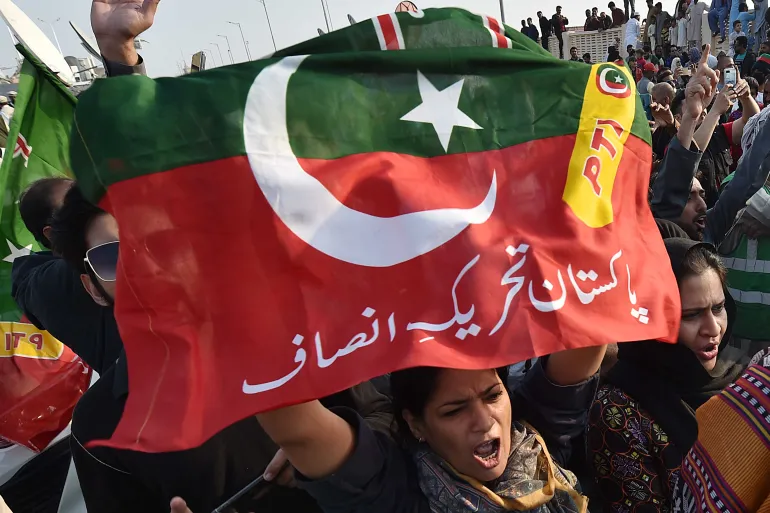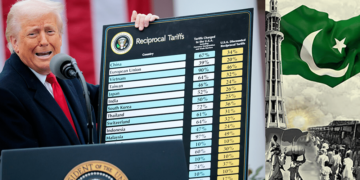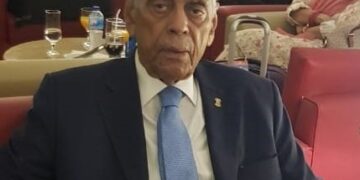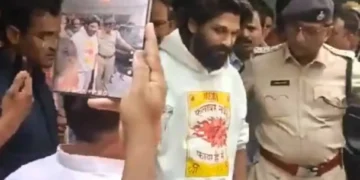“We have reached out to members of the House Foreign Affairs Committee, urging them to visit Pakistan,” stated Atif Khan, a California Democrat and the PTI chairman’s adviser for overseas Pakistanis. Since the removal of former prime minister Imran Khan in April 2022, the Biden administration has consistently declined to comment on Pakistan’s political situation, referring to it as an internal matter. In a recent statement on Pakistan, State Department spokesperson Matthew Miller acknowledged that while Washington has expressed its opinion on some global cases, it would not do so regarding Imran Khan’s August 5 conviction and subsequent arrest. “There are cases… that are so obviously unfounded that the United States believes it should say something about the matter. We have not made that determination here,” he said. The statement disappointed PTI supporters in the United States, who have been working diligently to persuade Washington to influence Islamabad to release Mr. Khan.
“Yes, this appears to be the administration’s current policy, but it will change,” said Atif Khan in response to Mr. Miller’s statement. “And a congressional delegation, if it visits Pakistan, can play a crucial role in bringing about that change.”
Tahir Javed, another influential Pakistani from Texas, does not foresee the Biden administration altering its stance anytime soon.
Mr. Javed, who attended a White House reception on Monday afternoon, remarked that he did not observe “much interest” in Pakistan’s current political situation among the White House guests or his hosts.
“They are waiting for this storm to blow over before they take a public position on this,” he said.
However, Michael Kugelman, a US expert on South Asian affairs, believes Imran Khan will remain significant. “After IK’s arrest, PTI still has a political future, as it showed with its Peshawar by-election victory on Monday,” he wrote in a tweet.
“And there can still be a political future for IK, even if jail time and disqualification take him out of the picture for a while. Politics are all about the long game.”
Mr. Kugelman pointed out that in the past, parties and leaders have been marginalized, their leaders imprisoned, and yet some have returned to the political scene.
“Ultimately, it comes down to how far, and for how long, the military chooses to go in its efforts to curb Khan and PTI,” he wrote. “Another key factor is whether what’s left of the party’s leadership, beyond Khan, is willing to try to reconcile with the military.”
















